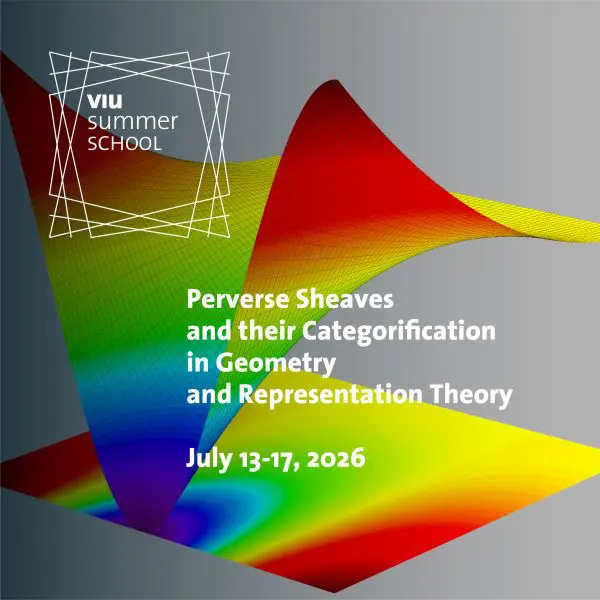
Aarhus, Denmark
AI in Education: Critical Perspectives on Policy, Practice, and Professional Identity in an European context
When:
27 July - 14 August 2026
Credits:
10 EC
Read more
Educational Sciences Summer Course
When:
10 July - 11 July 2025
School:
University of Groningen Summer Schools
Institution:
University of Groningen
City:
Country:
Language:
English
Credits:
0 EC
Fee:
1050 EUR

Originally, the important part of “intercultural communication” (IC) was communication. In The Silent Language, the first popular treatment of the topic, Edward T. Hall defined culture as a kind of collective communication, stating that the key to cross-cultural effectiveness was learning how to operate in alternative communication systems.
Over the years, the emphasis in IC has shifted to culture — particularly to the comparison of cultures in terms of values, beliefs, and behaviors. This course returns to the relational roots of the field to construct an updated and expanded set of “observational categories” that compare communication systems. These categories can be easily incorporated into intercultural training and education to guide a more coherent development of IC competence.
WHY ATTEND?
Intercultural practitioners (trainers, facilitators, consultants, coaches) and scholars of intercultural communication are impeded by paradigmatic confusion in the field; we generally want outcomes that improve communication, but we often use training and research tools that are based in comparative anthropology or cross-cultural psychology.
Following the principle of “coherent theory generates powerful practice,” the course provides a practical way to improve coherence and effectiveness by coordinating both methods and outcomes within a communication paradigm.
(Re)visit the fundamental what, why and how (practice) of understanding, developing, and using constructed observational categories to “engage with others” (relationally) in order to more effectively recognize and communicate across cultural differences.
Dr. Milton Bennett
Level requirements
The DAD is for multipliers who help individuals, organizations and societies better recognize, appreciate and use differences as a way of better communicating, working and thriving together.
These are (in-house and external) trainers, educators, consultants, coaches, researchers, scholars, facilitators, HR staff, advanced-level (MA+) students, and professional development specialists with 5+ years of experience/study in the greater Differences field. Contact the organisers at ic@rug.nl or info@iddifferences.org for consultation about appropriateness and eligibility.
It is expected that the participants have a sufficient command of the English language to actively participate in the discussions and to present their own work in English.
Participant profile
This course is for you if are:
- An intermediate-level practitioner (trainer, facilitator, consultant, coach) who designs and delivers intercultural training / learning in either domestic multicultural or global intercultural contexts.
- An academic / scholar working in intercultural communication and related fields who wishes to explore an updated communication-based alternative to various cultural comparison schemes often used for research and curriculum design in education, social service, and business contexts.
Contact the organisers at ic@rug.nlor info@iddifferences.org if you have questions about the suitability of this course for your circumstances.
In this course, you will learn how to help yourself and those you work with so that you/they can better:
- Learn an updated and expanded version of the original intercultural communication approach to observing cultural differences.
- Appreciate the importance of using communication-based theory and practice to coherently facilitate developing communication competencies such as empathy and mutual adaptation.
- Consider how to “inoculate” for various forms of ethnocentrism and allegations of stereotyping that typically accompany discussion of cultural differences.
- Share illustrative experiences of applying communication-based strategies to domestic and global training and education contexts.
Workload
12 hours of in-class learning and active participation using experiential methods.
Upon successful completion of the programme, the Summer School offers a Certificate of Attendance that mentions the workload of 12 hours (28 hours corresponds to 1 ECTS). Students can apply for recognition of these credits to the relevant authorities in their home institutions, therefore the final decision on awarding credits is at the discretion of their home institutions. We will be happy to provide any necessary information that might be requested in addition to the certificate of attendance.
Fee
1050 EUR, includes course and materials, optional evening programming
When:
10 July - 11 July 2025
School:
University of Groningen Summer Schools
Institution:
University of Groningen
Language:
English
Credits:
0 EC

Aarhus, Denmark
When:
27 July - 14 August 2026
Credits:
10 EC
Read more

Amsterdam, Netherlands
When:
20 July - 24 July 2026
Credits:
0 EC
Read more

Venice, Italy
When:
13 July - 17 July 2026
Credits:
2 EC
Read more